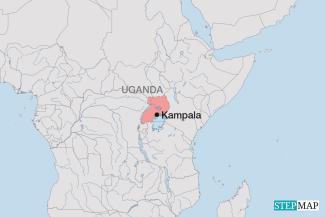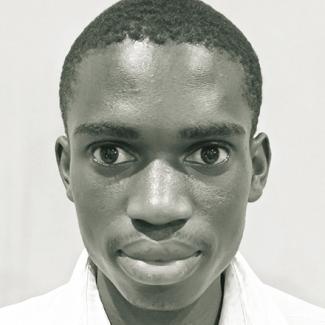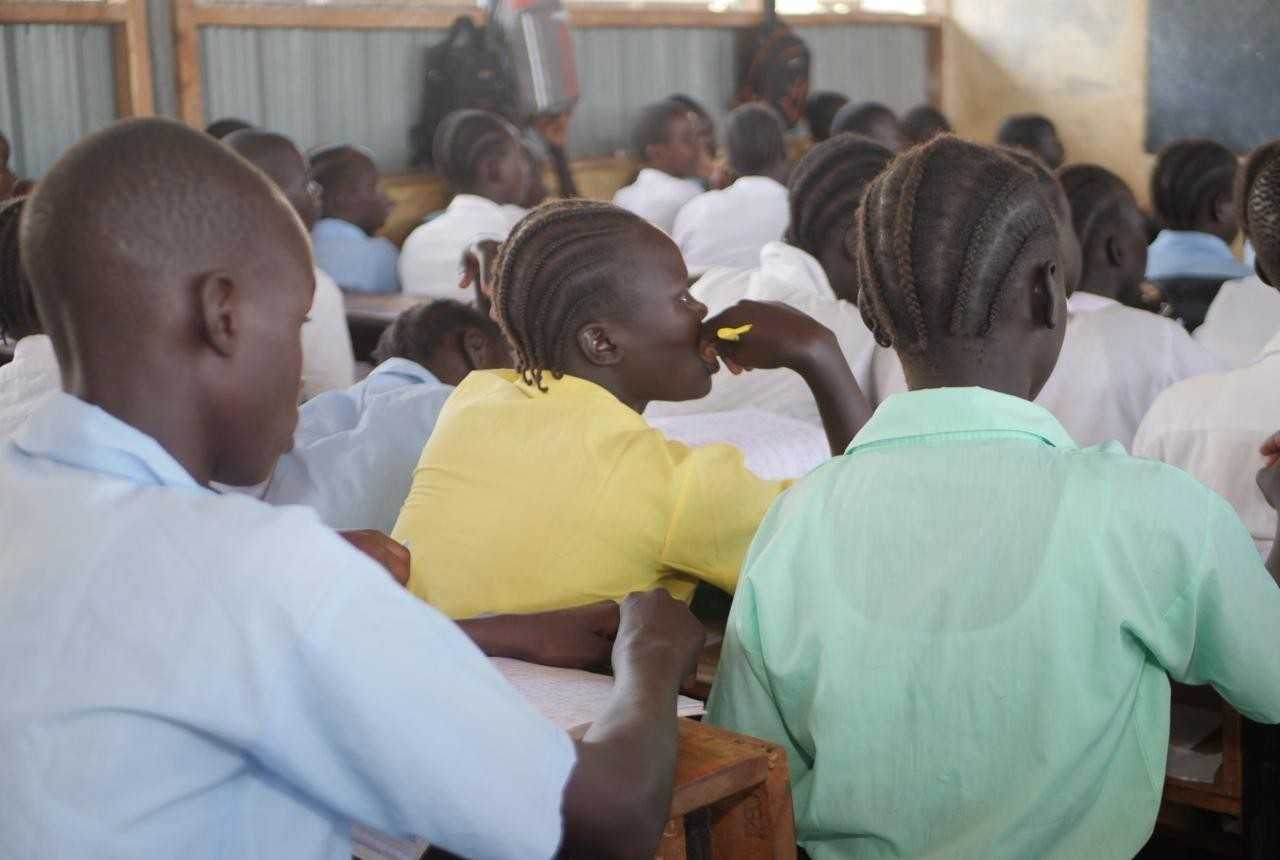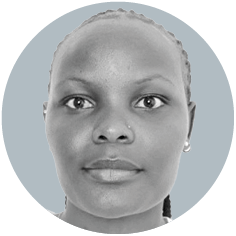University education
More financial support for college students

Today, many families can afford to give their children primary education. Coupled with government efforts through universal education schemes, school enrolment and completion numbers keep improving.
Uganda has over 30 universities. Of these, about nine are recognised public, the rest are private. Makerere University is the most popular and internationally recognised university in the country. Each year, thousands of students seek to join university after graduating from high school.
The Uganda National Examinations Board (UNEB) reported that 73 % of the 2023 candidates qualified to join the university, that was a total of 80,700 students. The government annually sponsors 4,000 students who are admitted to all nine public universities in the country. Makerere University took 1,500 students on government scholarship. This means barely five percent of the students will receive government financial support to pursue their studies. Ninety-five percent of the students must find other ways to finance their education.
Both public and private universities in Uganda offer “privately sponsored” education. Students must contribute to compulsory tuition fees. On average, a student pays $ 400 as tuition fees per semester for a bachelor’s degree. This does not include other related costs such as accommodation, stationery, transport and meals. Therefore, privately-sponsored university education is not cheap.
Families struggle to take their children to university. Many parents will sell off property or take on expensive loans to be able to afford university education. Many parents believe that without a university degree, their children cannot find employment. It is only at university that they will specialise in a profession.
When I was in kindergarten, we used to sing a song in which we mentioned the professions we wanted to pursue. By then it did not make a lot of sense because the only jobs we knew were professions like pilot, doctor, lawyer or engineer. Going through school, every student dreams about finally being able to grow into those professions.
Dreams like these only come true for the rich. Children born into middle-class families can go to good high schools and eventually score high marks in national exams. Consequently, the few slots available on government sponsorship will most likely be taken up by these students.
Trevor Kahigiriza, a recent high-school graduate says: “These universities are so expensive. Low-class families will either be strained financially, or their children cannot continue with university education. It is frustrating to want to study but be unable to because you are poor.”
The government of Uganda has taken steps to finance higher education. A Higher Education Students’ Financing Board (HESFB) was set up in 2014 to provide loans and scholarships. The scheme has supported over 12,780 students. The facility is however a drop in the ocean in comparison to the number of students in need of financing.
Mathias Galabuzi is a student of Journalism and Communication at Makerere University in Kampala, Uganda.
galabuzimathias@gmail.com












